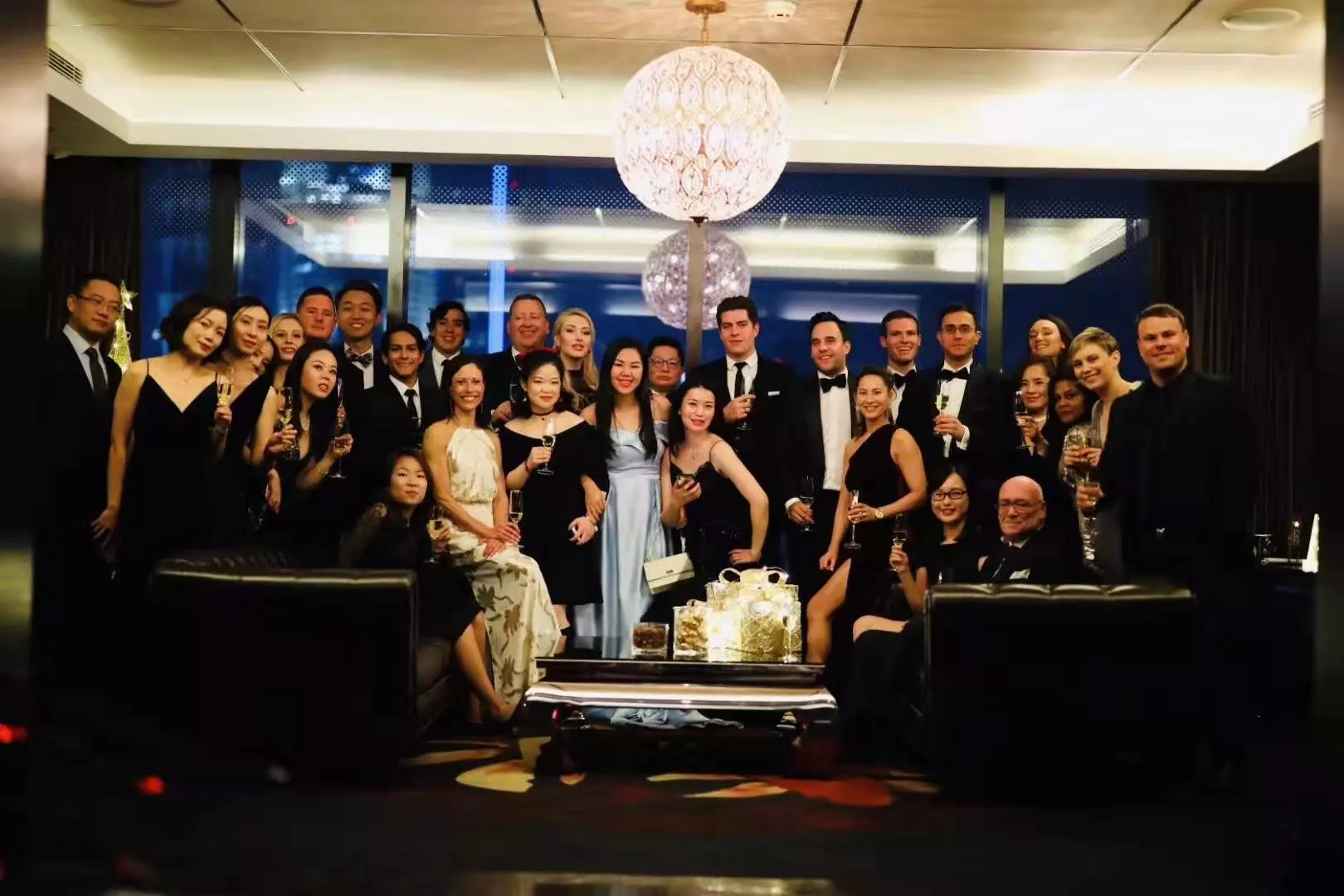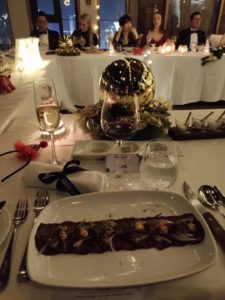How I Gained an Understanding of Chinese Culture through Food



Upon arriving in China, the one aspect of my semester abroad that I was particularly excited about was the cuisine. Having spent most of my life growing up in the US, my perception of authentic Chinese food was characterized by cinematic imagery and the special dishes my mother would prepare during the holidays. Therefore, my understanding of Chinese food was naïve and obscure.
After having arrived in China, I quickly noticed that the dishes served in restaurants were far from comparable to the traditional Chinese take-out food items one would typically find in local Chinese restaurants. In addition, the style of eating differed tremendously, whereas western restaurants entailed the ordering of one’s own food, Chinese culture entailed the ordering of a number of shared dishes to be consumed with white rice. I would later learn that this is symbolic of a cultural practice where banquet dinners serve to symbolize familial bonds.
Another phenomenon I noticed was that cuisine differs in different parts of China. Whereas a lot of dishes embodied sweet flavors in Beijing, the majority of menu items in Hunan are extremely spicy. I learned that the latter was a direct product of climate patterns in the area. Specifically, as the Hunan area does not receive much sunlight, spicy food is believed to help with perspiration and the detoxification of the body.

When I visited Beijing in China’s northern region, flour products are a significant component of daily meals. Due to the cultural implications associated with the harsh, polarized weather conditions in that region, historical trends had forced locals to consume foods that were in greater supply. During my time spent in Beijing, therefore, most of my meals would contain lao bing, which is a flour disk eaten with other savory foods and dishes. In addition, during the holiday seasons, such as the Mid-Autumn Festival, households would normally dine on circular food items, such as dumplings and bao zi as a representation of familial unity.
In contrast to this, during my visit to the Zhangjiajie Mountains in Hunan, I noticed that spicy foods comprised the bulk of the cuisine in this region. As this area experiences minimal exposure to sunlight, I learned that citizens in these regions consume spicy foods as a way to generate body heat and perspire to compensate for Vitamin D deficiencies. As firm believers of the unity of humans and nature, the cuisine of this region reflected the climate, essentially exemplifying a desire to release the dampness from the body. In a conversation with my grandmother, she informed me that these practices mirrored the desire pursue good health through proper eating.
In addition, to the different regional foods that I was able to try, I also learned a great deal about holiday foods. In addition to the bao zi and dumplings I mentioned earlier, sunflower seeds, moon cakes, longevity noodles, and zong zi are all festive dishes that would be served during the holidays. Given their traditional roots and physical appearances, I learned that they serve as the embodiment of the core family ideals of longevity, unity, and good fortune.
In addition to the emphases on cultural importance, I noticed that Chinese restaurants typically exerted great attention to the aesthetics of their dishes. Specifically, in all of the dishes that one could order in a restaurant setting, there is an emphasis on a balance of color, fragrances, tastes, and shape each one. Each dish I ordered while in China would have a different garnish, appearance, and unique taste.
Before arriving in Shanghai, I had no idea what a huge educational and cultural impact the cuisine, and even snack items, would come to have on me. As embodiments of the cultural spatial characteristics of geographical topographies, domestic cultural heritage, and the holiday seasons, the food in China helped me acquire thorough understandings of domestic Chinese life. Now, when I make dumplings with my mother, I am reminded of the ideals of family, love and kinship. Whenever I consume noodles, I am reminded of celebrations of longevity that I learned during a birthday celebration. Recently, when I saw the Lunar New Year celebration on television, I was reminded of tang hulu, and the sweet, tangy crunchy haw treats that would be sold everywhere. When packing my suitcase for my 13-hour flight to Shanghai, I never expected the domestic cuisine to have the lasting impact it did and that dumplings would end up teaching me so much about the cultural norms, heritage, and practices that define my family background.
Jon Wang is an International Studies major at Bucknell University and studied abroad with IFSA on the International Business in China program in Fall 2019.